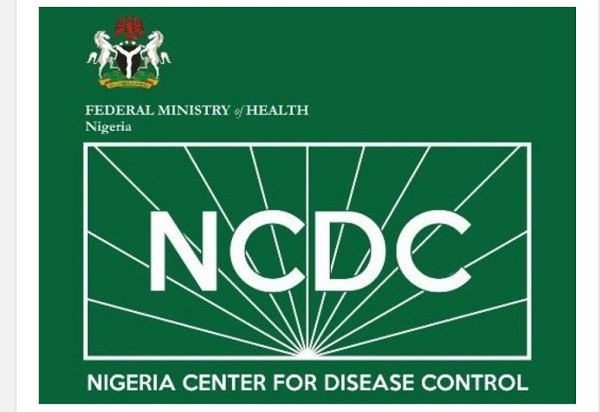
The Nigeria Centre for Disease Control and Prevention (NCDC) has raised the alarm that it has been notified by the Jigawa State Ministry of Health of rising cases of suspected cerebrospinal meningitis (CSM) disease.
The head of the special projects and partnerships unit, NCDC, Dr. Priscilla Ibekwe revealed this yesterday (January 23, 2023) in Abuja, during the ministerial bi-weekly meeting on the update of COVID-19 response and development in the country’s health sector.
Science Nigeria reports that CSM is an acute inflammation of the membranes covering the brain and the spinal cord. It is a very serious infection that can lead to death if left untreated.
CSM remains a major public health challenge, affecting countries in the African meningitis belt, including 25 Nigerian states and its Federal Capital Territory (FCT).
Ibekwe said that the preliminary reports were of 117 suspected and 12 confirmed cases, with a case fatality rate (CFR) of 27 per cent from EPI Week 49 2022 and EPI Week 2 of 2023.
She said that the NCDC has deployed a national RRT to support Jigawa’s response to the outbreak.
“We have provided commodities also.
“On the other hand, due to the proximity of Jigawa to Yobe and Katsina states, we have also deployed rapid response team (RRT) members to Yobe and Katsina to assess, improve on the level of preparedness and to conduct active CSM case finding for early detection of cases [that] already exist,” she said.
Meanwhile, regarding the spread of CSM, she urged Nigerians to avoid overcrowding and ensure adequate ventilation in their homes.
“Cover your nose and mouth with a disposable tissue or by blowing into the elbow when sneezing or coughing.
“Wash your hands frequently, especially after coughing or sneezing. Visit a health facility if you have a sudden high fever or neck stiffness for diagnosis and treatment,” she advised.
Ibekwe called on all health workers to practice universal care precautions at all times: i.e. wearing gloves while handling patients or providing care to an ill relative.
“It is very important to report to the nearest health facility immediately if you experience any of the signs or symptoms listed above.
“If you notice any member(s) of your family or neighbourhood with any of the listed signs or symptoms, kindly encourage them to report to the nearest health facility,” she explained.
She, however, said that early presentation to a health facility and treatment increases the chances of survival.
It is on record that large outbreaks of CSM usually occur during the dry season (i.e. November through May). The disease is contagious and can be transmitted through tiny droplets of respiratory secretions from an infected person or during close contacts such as coughing or sneezing.
The disease is more common among persons aged less than 15 years and deaths are higher among untreated cases.
Signs and symptoms include sudden high fever, severe headache, stiff neck, sensitivity to light, difficulty concentrating and convulsions. The major risk factors for infection include overcrowding and poor ventilation.
During outbreaks, reactive vaccination campaigns can be used to prevent the spread of the disease.

